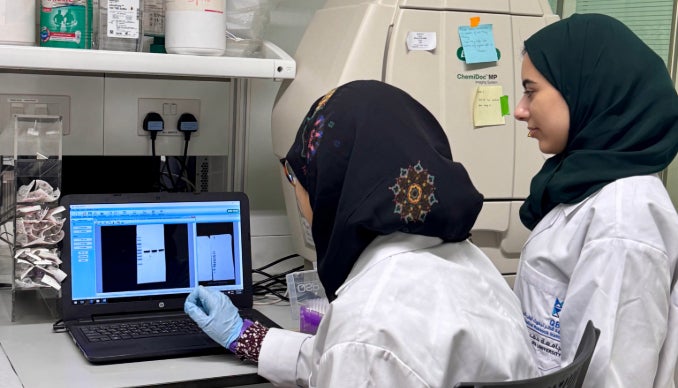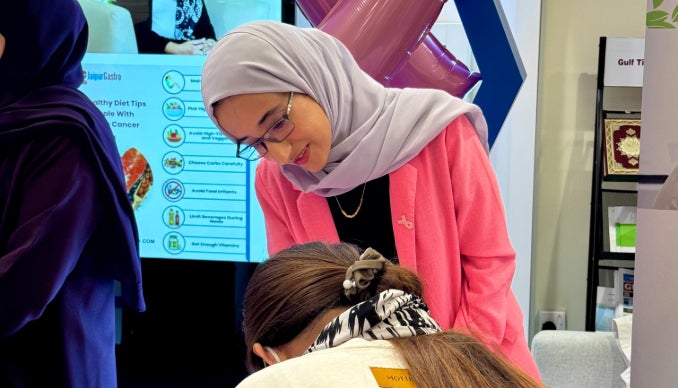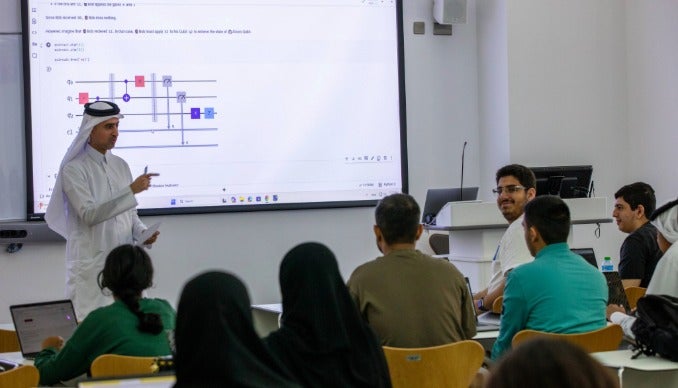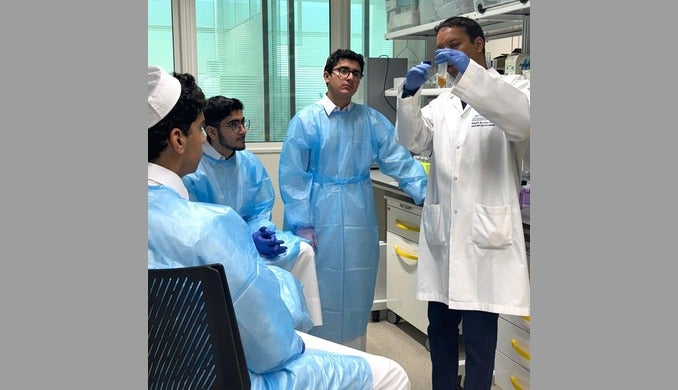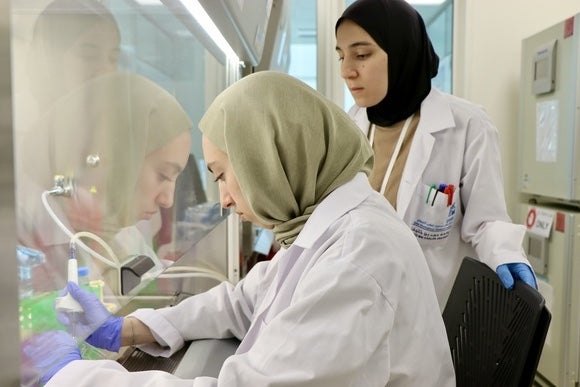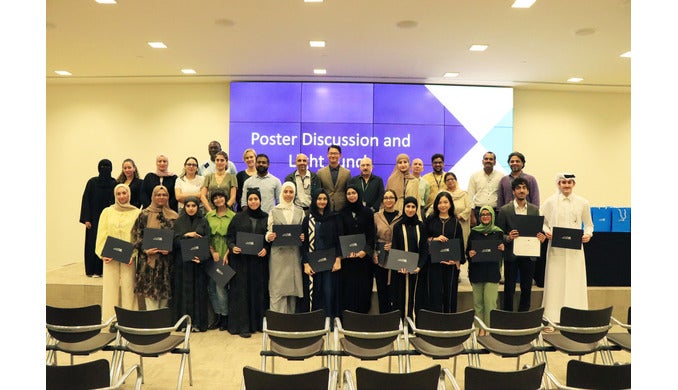Overview of the research investigated at QBRI research center

It has been a busy and successful year for the researchers in Qatar Biomedical Research Institute’s (QBRI) Diabetes Research Center (DRC). Diabetes remains a significant health challenge in Qatar and scientists at QBRI’s DRC with continued efforts in two main research areas: improving the prevention of type 2 diabetes, and supporting a potential cure for type 1 diabetes using stem cell technology.
The MENA region has a relatively high risk of type 1 diabetes. In Qatar, approximately one in five persons have type 2 – the most common form accounting for about 90% of diabetes cases. A further one in four are at high risk of developing diabetes, with early-stage impairment of blood glucose control (prediabetes). QBRI studies undertaken with Qatar Biobank show a high occurrence of insulin resistance even in people with normal glucose control, increasing their risk of developing diabetes.
QBRI’s five research teams are led by: Dr. Heba Al-Siddiqi, Dr. Essam Abdelalim, Dr. Abdelilah Arredouani, Dr. Prasanna Kolatkar, and Dr. Paul Thornalley.
Dr. Al-Siddiqi, Research Fellow, and Dr. Abdelalim, Scientist, both lead teams that focus on research in stem technology. A collaboration with the prestigious Harvard Stem Cell Institute (HSCI), whose management is chaired by Dr. Abdelalim, reached peak activity this year with four ongoing projects and two young Qatari investigators offered stem cell technology training. Dr. Al-Siddiqi and Dr. Essam’s research teams, along with all DRC investigators and others, are working to improve the production of stem cell-derived beta-cells and advance the understanding of genetic links to diabetes in Qatar. There is now hope for curative treatment for type 1 diabetes. In the USA earlier this year, three patients received a transplant of stem cell-derived insulin-producing beta-cells which restored insulin production with good blood glucose control.
DRC researchers are investigating methods for better detection and prevention of type 2 diabetes, often linked to obesity. Using the data of 6,000 Qatari citizens obtained from Qatar Biobank, Dr. Abdelilah, Scientist, and his team, worked with Dr. Halima Bensmail, Principal Scientist at Qatar Computing Research Institute, to develop a risk score, PRISQ, to diagnose prediabetes using only routine clinical measures. Given the importance of early diagnosis of prediabetes for diabetes prevention, the scientists established a collaboration with Qatar Primary Health Care Corporation to validate PRISQ in real-life clinical settings. To date around 1,120 participants have enrolled in the study, and data analysis is ongoing.
A study by Dr. Thornalley, DRC Director, and his team may help people avoid developing type 2 diabetes, particularly those with continued insulin resistance after dietary changes and increased exercise. The team is investigating the action mechanism of a dietary supplement that corrects insulin resistance in overweight and obese subjects as part of a clinical trial Dr. Thornalley headed as chief clinical investigator prior to joining QBRI.
Obesity appears to impair appetite control, making it difficult to lose weight. Working with Texas Tech University, USA, Dr. Thornalley and Dr. Kolatkar, Senior Scientist, have discovered a biological factor linked to this, which may lead to new treatments for weight loss. Of particular concern is obesity in children and young adults, putting them at increased risk for developing diabetes early in life. Dr. Thornalley is directing efforts at this issue as a member of the Qatar Foundation Taskforce on Childhood Obesity, initiated by Her Excellency Sheikha Hind bint Hamad Al Thani, Vice Chairperson and CEO of QF, working together with the Ministry of Public Health, Hamad Medical Corporation and other organizations in Qatar.
With QBRI positioned as a leading research entity, DRC investigators had frequent opportunities this year to share their insights at leading national and international research conferences giving over 20 presentations. They also published 27 research articles in top-class journals, including Nature Metabolism and Nature Communications.
To advance the impact of their research in clinical settings, DRC investigators focus on innovation and patent discoveries with a view to commercialization. This year’s patent applications include compounds to improve the production of insulin-producing beta-cells from stem cells – an invention led by Dr. Kolatkar and Dr. Abdelalim, and ongoing patent development on an algorithm to identify patients with diabetes at risk of developing related kidney disease – led by Dr. Thornalley.
DRC investigators mentor and teach the next generation of diabetes researchers – masters and doctoral students in association with HBKU’s College of Health and Life Sciences. Six graduate students are currently being supervised while three students graduated successfully this year; a masters student and two PhD students, supervised by Dr. Abdelalim. DRC investigators also introduced 19 undergraduate and school students to diabetes research this year through internships and work-shadowing activities.
For more information about QBRI, a national center of excellence and a global hub for biomedical and translational research related to diabetes, cancer, and neurological disorders, please visit qbri.hbku.edu.qa




